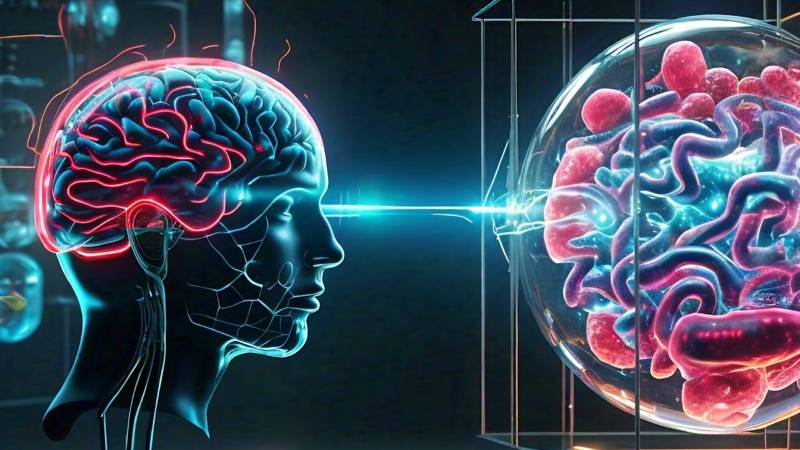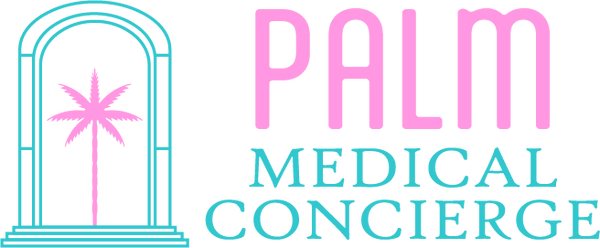
A new study published in the Journal of Affective Disorders has revealed that photobiomodulation, a non-invasive technique using low-intensity light, can effectively recover some cognitive alterations and sequelae caused by chronic stress when applied to the brain-gut axis. The findings open up new perspectives for the treatment of neurological diseases in patients.
Led by Professor Albert Giralt from the University of Barcelona, the study is based on laboratory animal models and involves teams from various institutions, including the University of Girona, the University of Montpellier, and the company REGEnLIFE.
Stimulating the Gut-Brain Axis with Low-Intensity Light
Photobiomodulation is a technique that applies light from lasers or other low-intensity sources to stimulate the activity of an organ with altered physiology. This study is the first to apply combined photobiomodulation to stimulate the brain and the gut simultaneously, focusing on the gut-brain axis in the field of depression.
“This is one of the most innovative scientific contributions of the study: to co-stimulate in a coordinated way the brain and the gut at the same time, i.e. the gut-brain axis. Today, the area of research into the gut-brain axis is generating great scientific interest and is a very promising field for the possible treatment of diseases of the nervous system”, says Professor Albert Giralt.
The devices used in the study, developed by REGEnLIFE, combine multiple stimulation sources and are adapted for clinical application in patients. They emit light in a pulsed manner to avoid overheating the tissues.
Reversing the Cognitive Effects of Chronic Stress
The study delves into the molecular mechanisms of photobiomodulation and reveals how it can reverse the cognitive effects of chronic stress by restoring the SIRT1 pathway, which is related to senescence and neuronal death. Researcher Anna Sancho-Balcells, first author of the article, notes that the SIRT1 pathway is the most altered physiological pathway in certain brain regions under chronic stress, and photobiomodulation has the capacity to restore it.
In the digestive system, photobiomodulation activates changes in the intestinal microbiota, with superior effects observed in the case of dual brain-gut stimulation compared to treatment of the gut alone. Professor Xavier Xifró from the University of Girona explains that the associated cellular mechanisms seem to be linked to the improvement of neuroinflammatory processes.
The research team aims to promote the design of clinical trials to test the efficacy of combined photobiomodulation in patients with depression, particularly those with treatment-resistant depression. “Photobiomodulation is likely to be particularly suitable for specific forms of depression, such as treatment-resistant depression. We also want to explore the relationship with neuroinflammatory processes: this is one of the best-rescued parameters after photobiomodulation and treatment-resistant depression is strongly associated with neuroinflammation”, concludes the research team.




